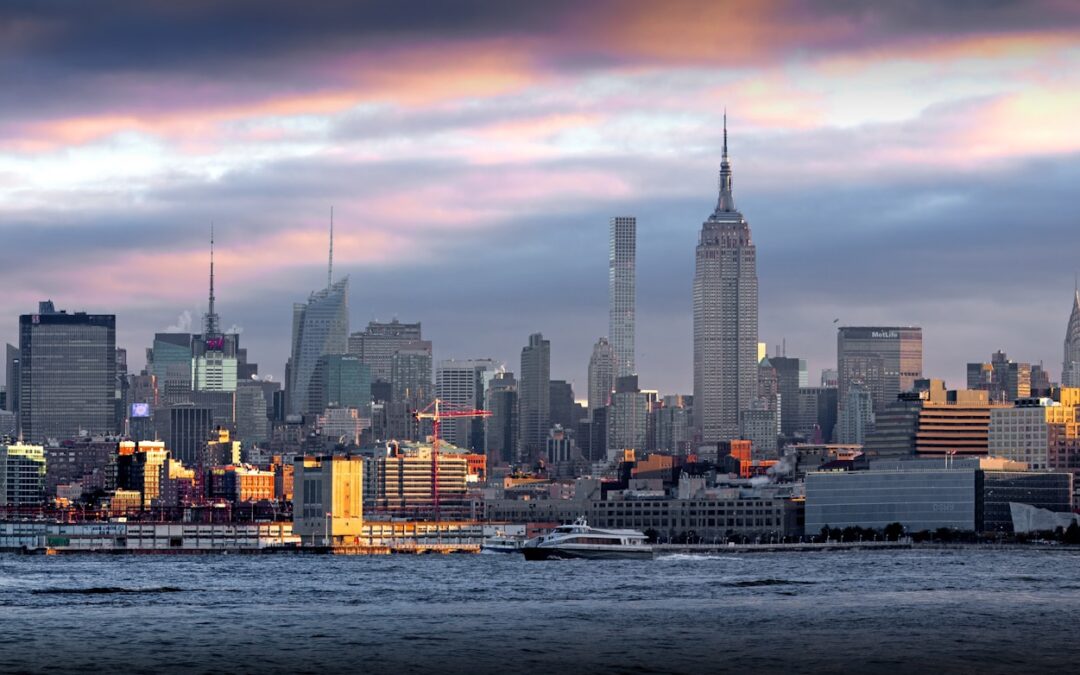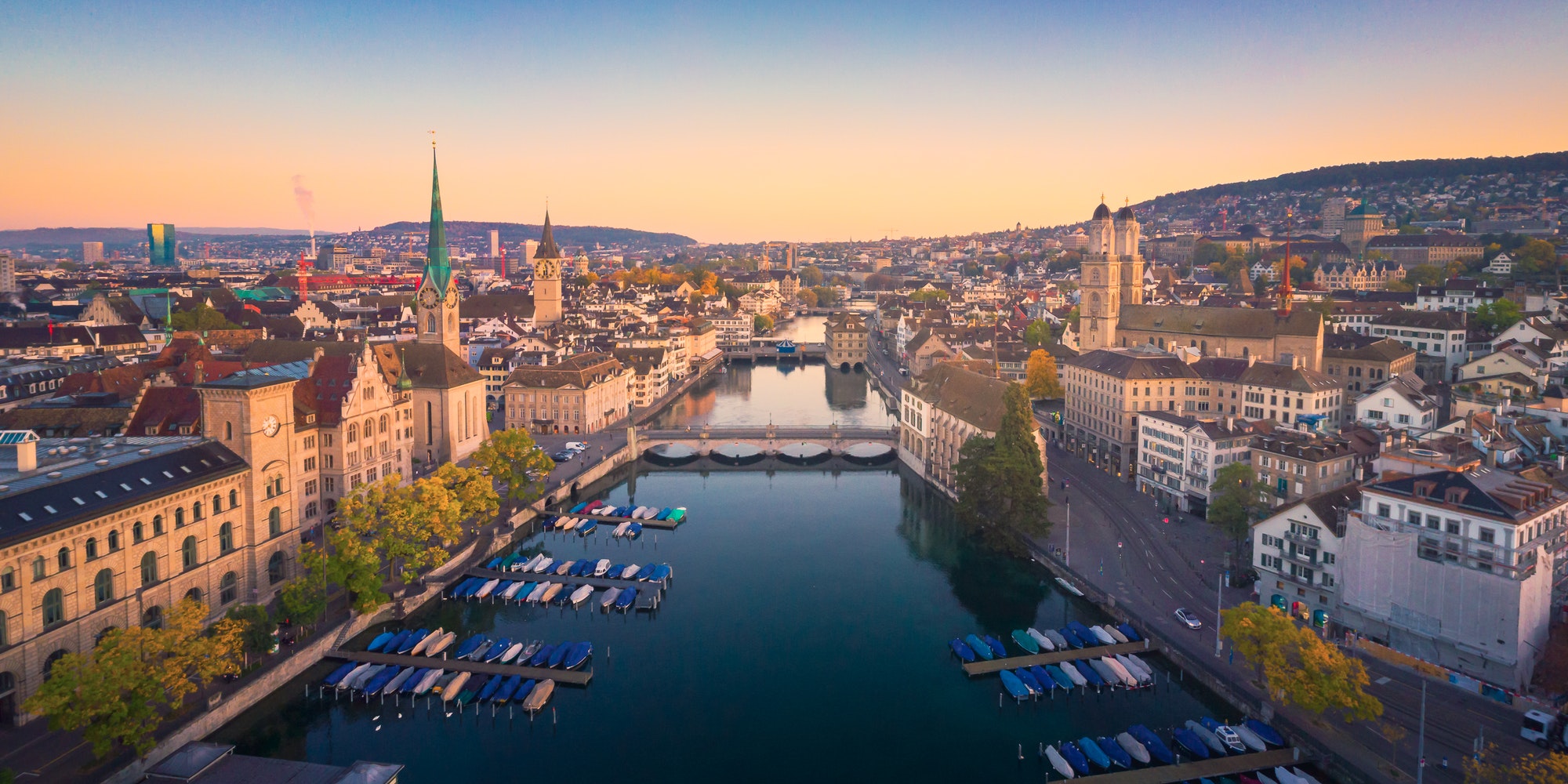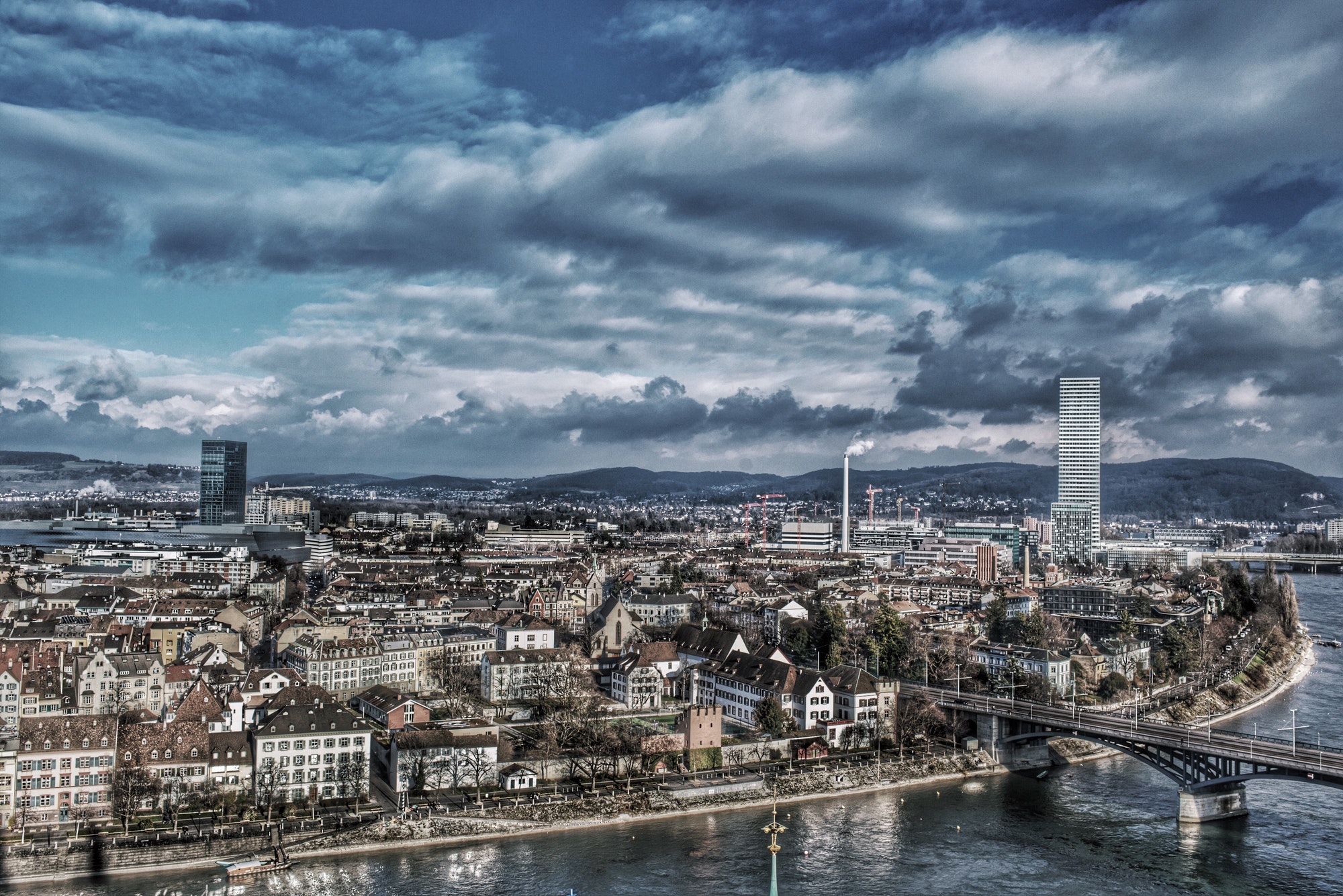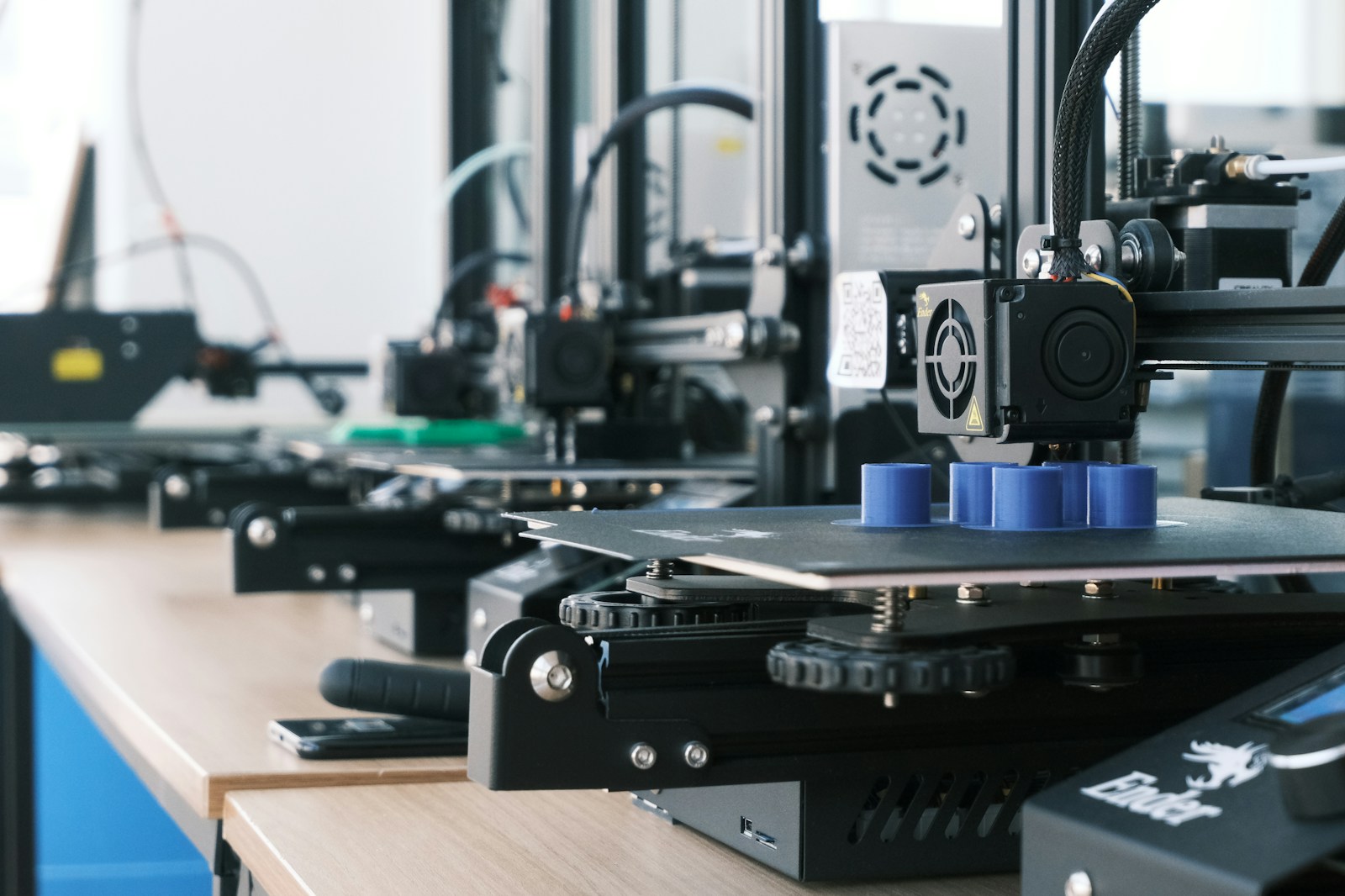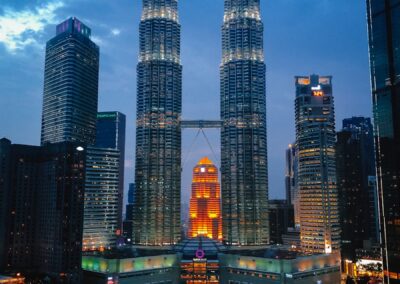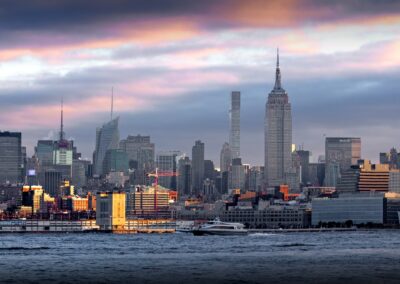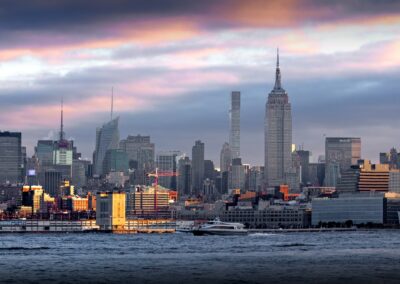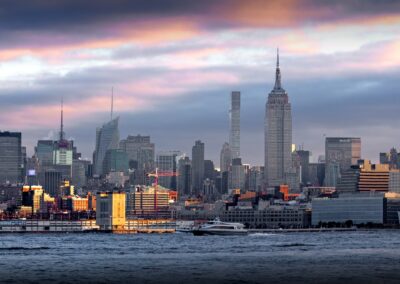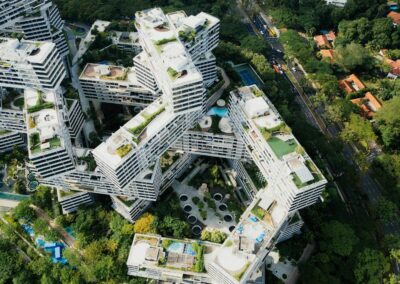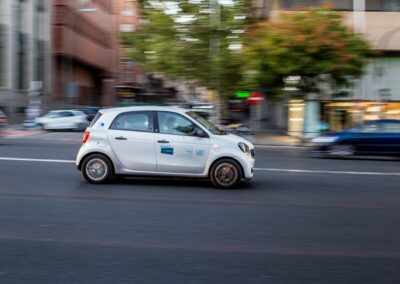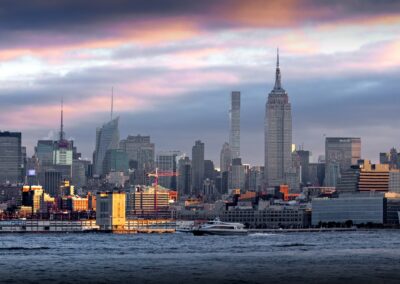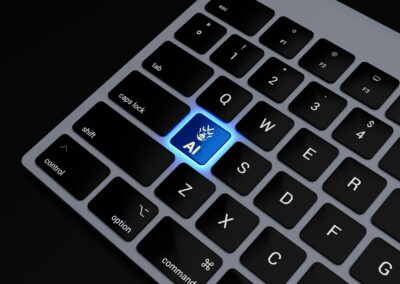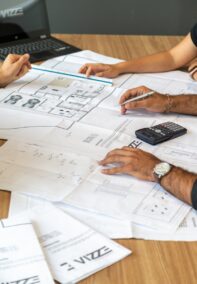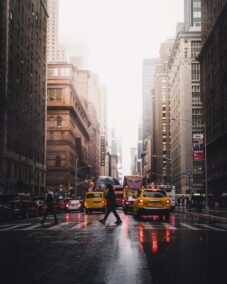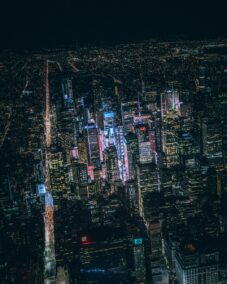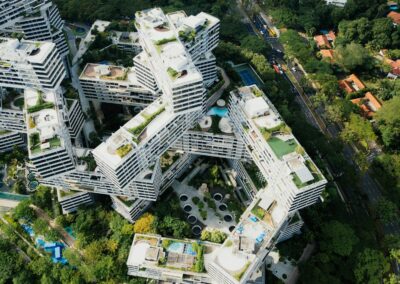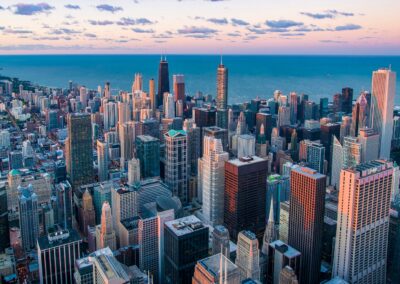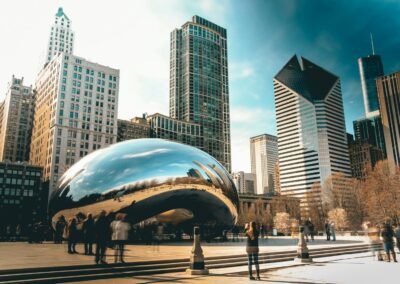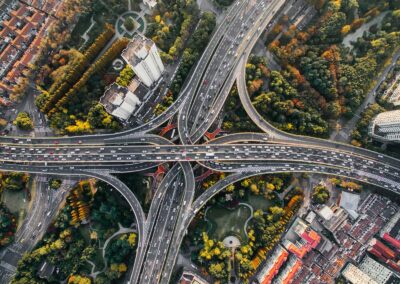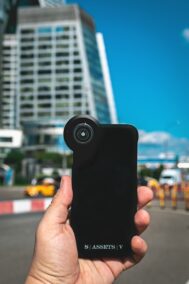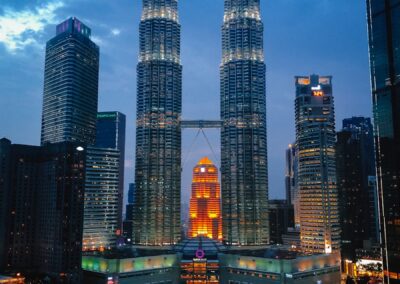Innovative Solutions for Smart Cities
Transforming Urban Planning with Machine Learning
Machine learning in smart cities is transforming urban planning by providing innovative solutions that enhance efficiency, sustainability, and livability. In rapidly growing regions like Saudi Arabia and the UAE, cities such as Riyadh and Dubai are at the forefront of adopting advanced technologies to create smarter urban environments. Machine learning, a subset of artificial intelligence, plays a crucial role in analyzing vast amounts of data, identifying patterns, and making data-driven decisions that can significantly improve urban planning processes.
One of the primary applications of machine learning in urban planning is in traffic management. By analyzing real-time data from various sources, including GPS, traffic cameras, and social media, machine learning algorithms can predict traffic patterns, optimize signal timings, and provide alternative routes to reduce congestion. This not only improves the efficiency of transportation networks but also reduces carbon emissions and enhances the overall quality of life for residents. In Riyadh and Dubai, where traffic congestion is a common challenge, leveraging machine learning for traffic management can lead to significant improvements in urban mobility.
Moreover, machine learning can enhance resource management in smart cities. By analyzing consumption patterns and predicting future demand, machine learning algorithms can optimize the distribution of resources such as water, electricity, and waste management services. This ensures that resources are used efficiently, reducing waste and lowering costs. For example, in Dubai, smart meters and IoT devices integrated with machine learning can provide real-time insights into energy consumption, enabling more efficient energy management and supporting the city’s sustainability goals.
Enhancing Public Services through AI
Machine learning in smart cities also plays a vital role in enhancing public services, making them more responsive and efficient. In Saudi Arabia and the UAE, where cities like Riyadh and Dubai are investing heavily in smart city initiatives, the integration of machine learning can lead to significant improvements in public safety, healthcare, and education. By analyzing data from various sources, machine learning algorithms can identify trends, predict potential issues, and provide actionable insights that help city officials make informed decisions.
For instance, in public safety, machine learning algorithms can analyze data from surveillance cameras, social media, and emergency response systems to detect and predict crime patterns. This enables law enforcement agencies to deploy resources more effectively and prevent incidents before they occur. In Dubai, the integration of machine learning with the city’s extensive CCTV network can enhance public safety by providing real-time insights and enabling quicker responses to incidents.
In healthcare, machine learning can improve the delivery of medical services by predicting disease outbreaks, optimizing hospital resources, and personalizing treatment plans. By analyzing patient data, machine learning algorithms can identify individuals at risk of developing chronic conditions and provide early interventions. This not only improves patient outcomes but also reduces the burden on healthcare systems. In Riyadh, where healthcare is a priority, leveraging machine learning for predictive analytics can enhance the overall efficiency and effectiveness of medical services.
Generative AI for Urban Innovation
Generative AI, a subset of artificial intelligence that creates new content and solutions, can also play a significant role in smart city development. By generating innovative designs and solutions, generative AI can support various aspects of urban planning and development. In Saudi Arabia and the UAE, where cities like Riyadh and Dubai are at the forefront of adopting advanced technologies, generative AI can drive creativity and innovation in urban design.
For example, generative AI can create optimized layouts for residential and commercial areas, considering factors such as population density, transportation accessibility, and environmental impact. This can lead to more efficient and livable urban spaces. In Riyadh, using generative AI for urban planning can support the city’s vision of becoming a leading hub of innovation and sustainability.
Generative AI can also enhance public art and cultural initiatives by creating unique and engaging artworks that reflect the city’s identity and heritage. In Dubai, where cultural innovation is highly valued, generative AI can support the creation of immersive art experiences that attract tourists and enrich the city’s cultural landscape. By leveraging generative AI, cities can foster a vibrant and dynamic urban environment that celebrates creativity and diversity.
#MachineLearning #SmartCities #UrbanPlanning #AIinUrbanDevelopment #ChangeManagement #ExecutiveCoaching #EffectiveCommunication #BusinessSuccess #ManagementConsulting #ArtificialIntelligence #Blockchain #TheMetaverse #GenerativeAI #LeadershipSkills #ManagementSkills #ProjectManagement #Riyadh #Dubai #SaudiArabia #UAE

